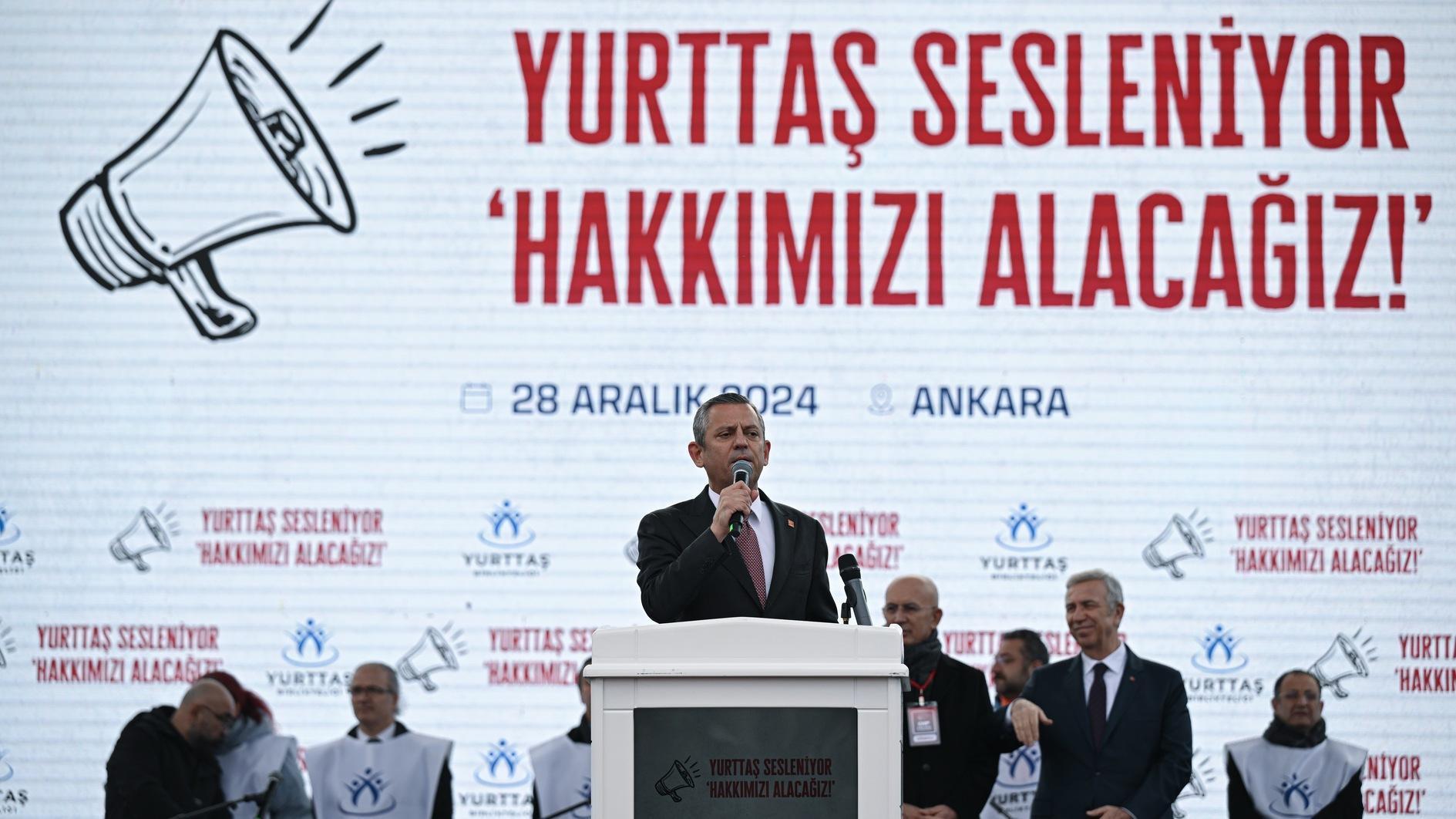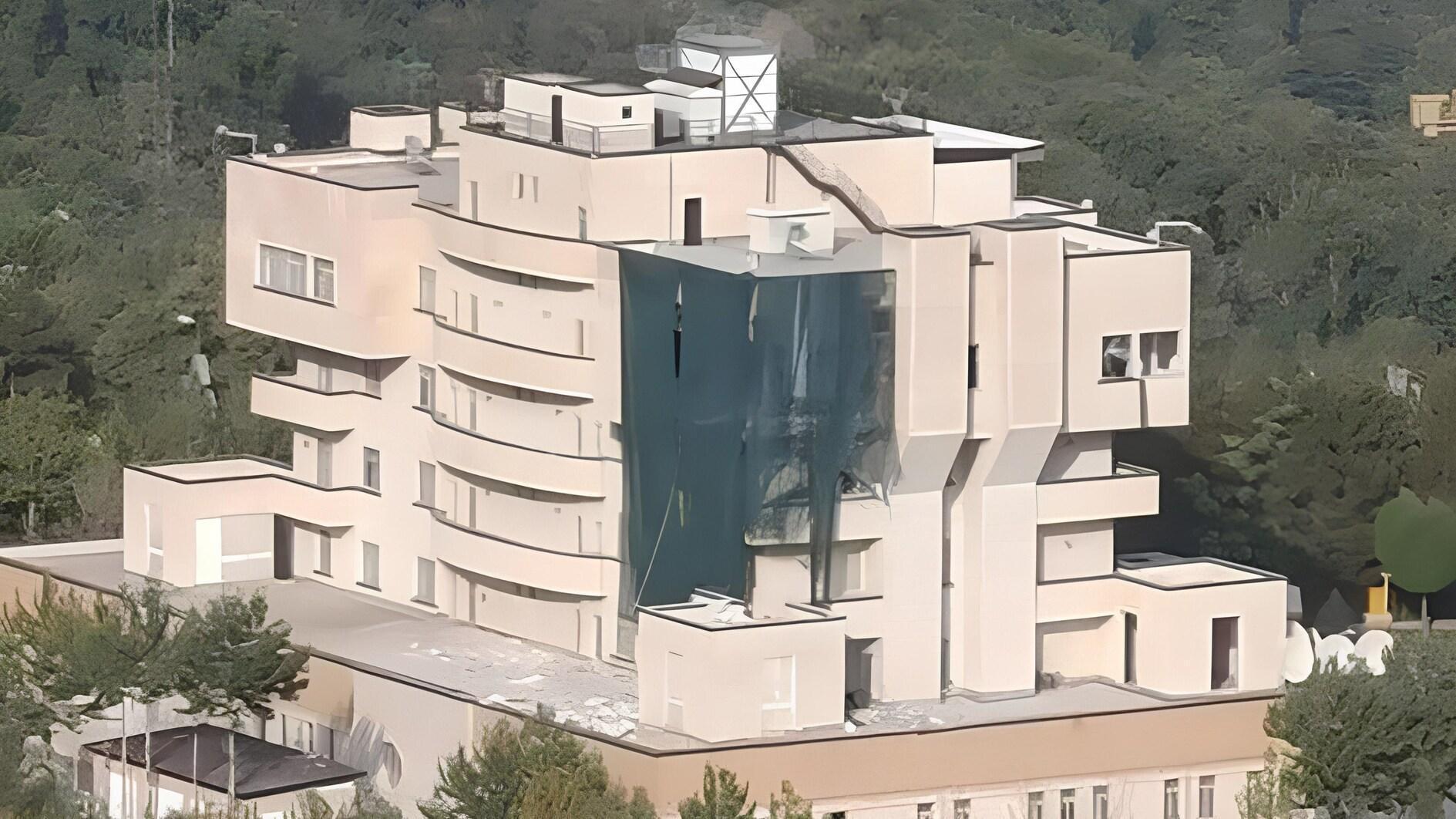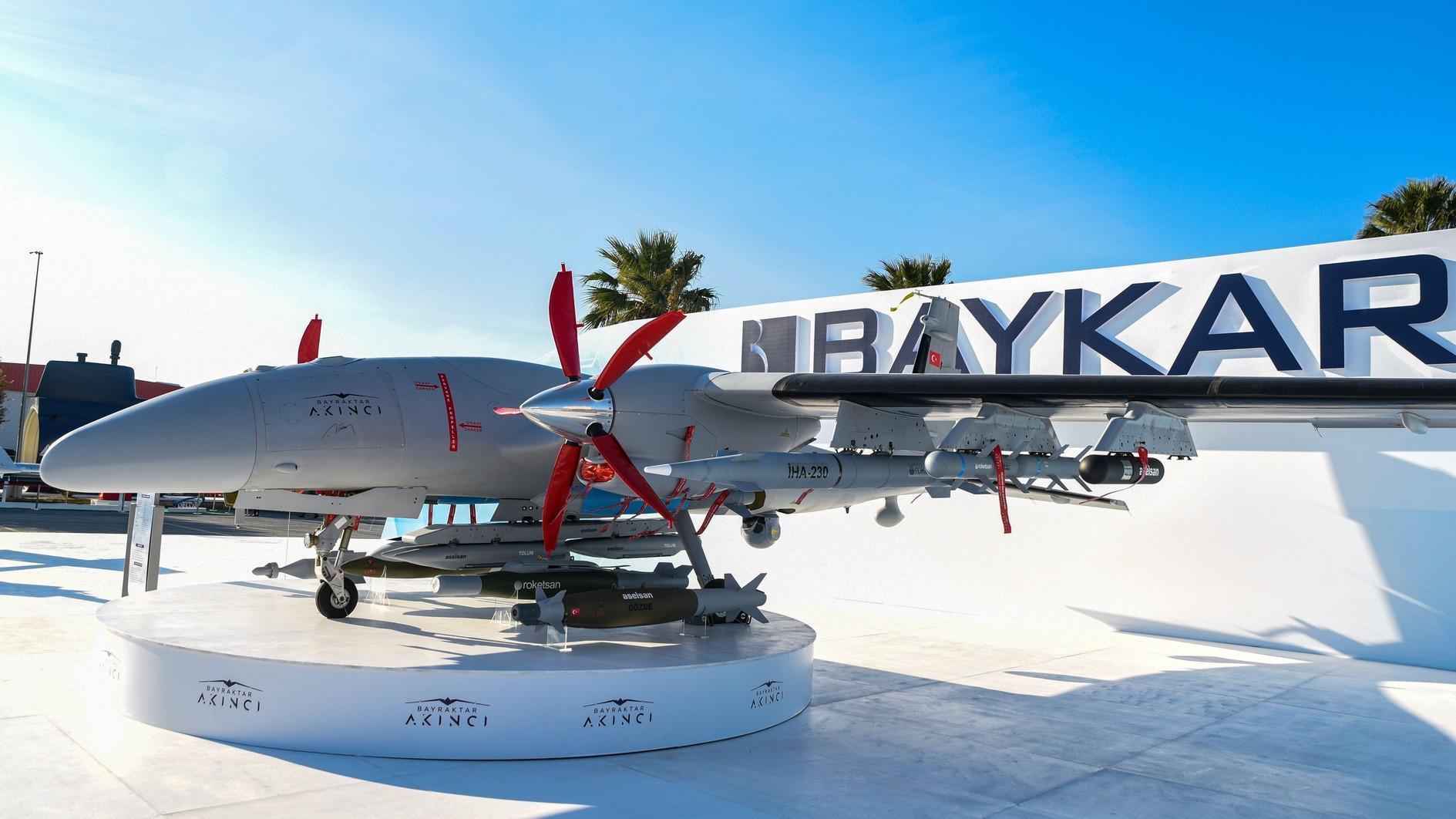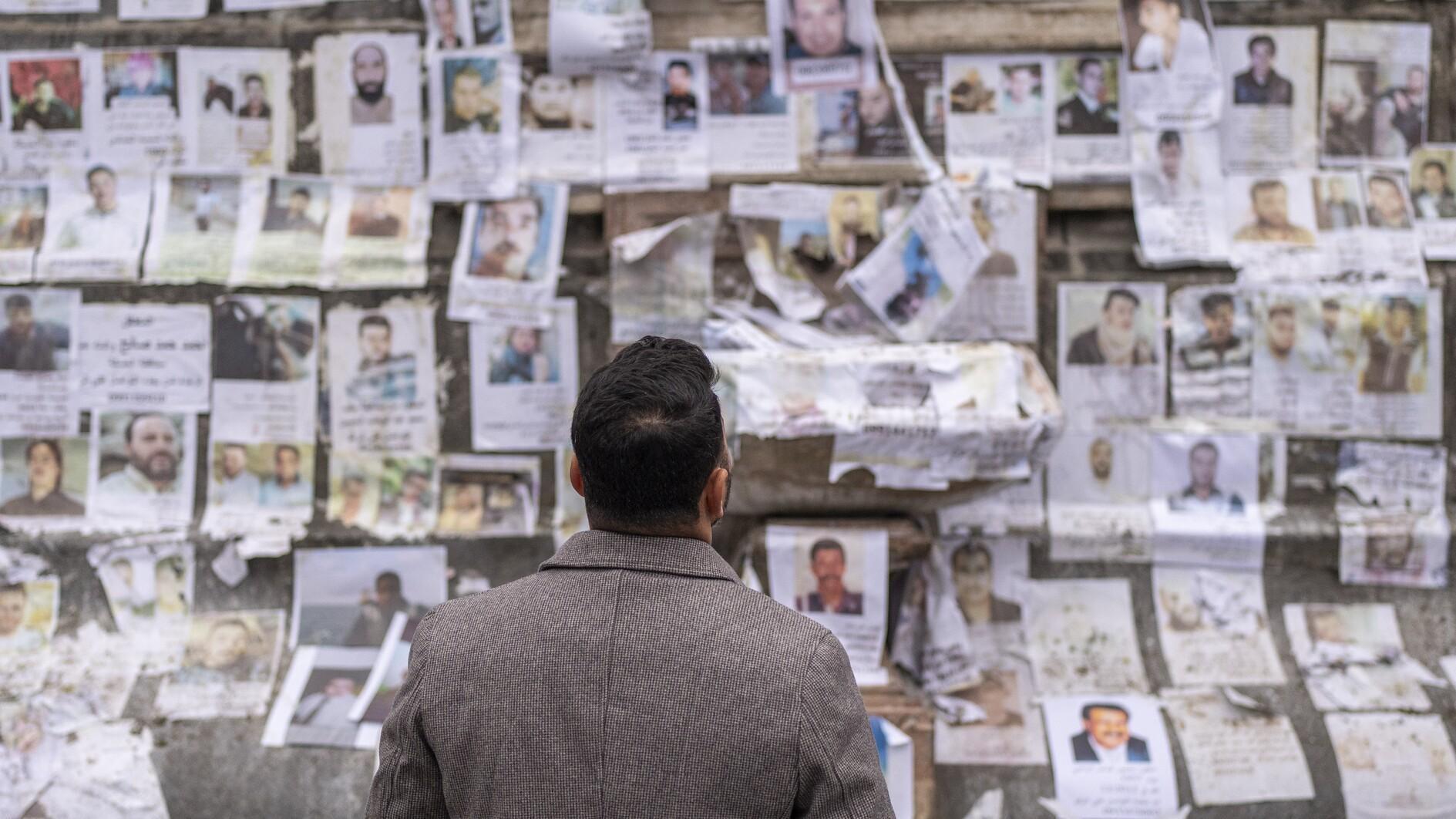EU to seek 'common position' on Syria arms embargo next week
BRUSSELS/DAMASCUS - Agence France-Presse
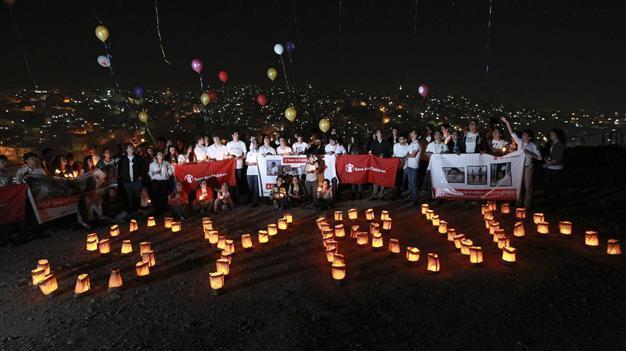
Syrian and local children release balloons and form the word "Syria" with candles during a moment of silence the night before the second anniversary of the start of the Syrian Revolution at the Citadel, an ancient Roman landmark in Amman, March 14, 2013. REUTERS Photo
The European Union said on Friday it will seek "a common position" at talks in Dublin next week on whether to lift an arms embargo to supply weapons to the Syrian opposition.EU president Herman Van Rompuy said at the close of a two-day summit that leaders of the 27-nation bloc had discussed calls from Britain and France to abandon the embargo and "agreed to task our foreign ministers to assess the situation as a matter of priority" at the Dublin talks.
"Our goal is to convince our partners at the end of May, and if possible before.... If by chance there is a blockage by one or two countries, then France will take its responsibilities," French President Francois Hollande said on Thursday.
"Political solutions have now failed (in Syria), despite every pressure." Hollande said.
"We must go further because for two years there has been a clear willingness by (Syrian President) Bashar al-Assad to use every means to hit at his own people," Hollande added.
Syria's main opposition bloc, the National Coalition, welcomed France's initiative as "a step in the right direction".
Assad's government, like its key foreign ally Russia, said any such arms shipments would be a "flagrant violation" of international law.
US support to Syrian opposition
The United States may look favourably on the French and British moves to give more aid to rebels, the State Department said, without explicitly backing armed support.
"We're obviously not going to get in the middle of their internal discussions, but we certainly want to see as many governments as possible provide appropriate support to the Syrian opposition coalition," said State Department spokeswoman Victoria Nuland.
However, Berlin is known to be cool to the idea and on Thursday German Chancellor Angela Merkel said the EU needed to "proceed very cautiously" on lifting the embargo.
Violence across Syria killed 141 people on Thursday, among them 49 rebel fighters, 47 regime soldiers and 45 civilians, according to an updated toll from the Syrian Observatory for Human Rights.
Syria conflict enters 3rd year
Syria's devastating conflict entered its third year on Friday with EU leaders frustrated over the failure of diplomacy to end the bloodshed pressing to arm rebels despite Russia's objections.
The Syrian Revolution 2011 Facebook page, a key driving force behind the uprising, has called on people to take to the streets after the main weekly Muslim prayers under the rallying cry "Two years of sacrifice towards victory".
The conflict erupted on March 15, 2011 when protesters inspired by Arab world uprisings took to the streets of cities and towns across Syria for unprecedented demonstrations to call for democratic change.
Despite the demonstrators being unarmed, peaceful and made up of many women and children, forces of President Bashar al-Assad unleashed a brutal crackdown, opening fire on them, prompting an ever-growing number to take up arms.
Two years on, Syria is mired in a devastating civil war that has killed at least 70,000 people, forced a million to flee with millions more missing or displaced and created an economic and humanitarian disaster.
Rebels have seized large swathes of territory, but growing tensions between liberals and moderate Muslims on the one hand, and powerful Islamists on the other, have raised fears of a collapse into a new sectarian bloodbath.
In power for 40 years, the Assad clan believed it could quell the revolt, just as Bashar's father and predecessor Hafez did in 1982, when he crushed a Muslim Brotherhood uprising in Hama, killing between 10,000 and 40,000 people.
The military has formidable firepower, and clashes with outgunned armed rebels have reduced many cities to rubble.


